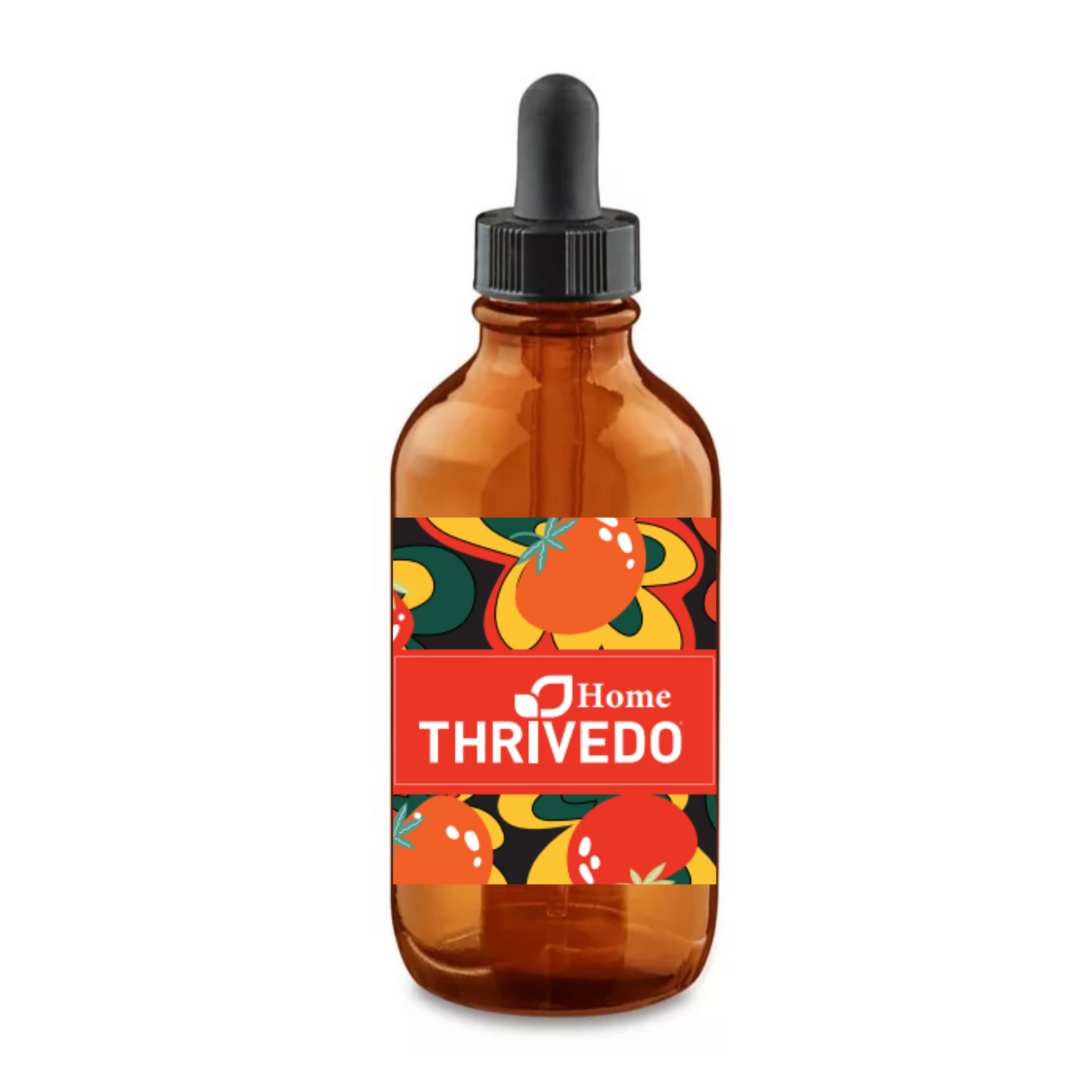Why Fertilizer Is Essential: Unlocking Healthy Roots, Vibrant Foliage & Resilient Plants
Plants truly thrive when they receive a full range of nutrients—not just water and sunlight. In nature, fallen leaves and organic matter continually replenish the soil, but this cycle is interrupted in containers, potted houseplants, and intensively tended garden beds. That’s where fertilizers—organic composts, aged manures, or formulated blends—come in, supplying both the essential macronutrients and micronutrients plants need.
The three primary macronutrients—nitrogen, phosphorus, and potassium—each have vital roles. Nitrogen fuels lush green foliage, phosphorus strengthens root systems and encourages blooms and fruit, and potassium enhances stem sturdiness, water regulation, and stress resistance. But plants also rely on secondary elements like calcium, magnesium, sulfur, and trace minerals such as iron, zinc, boron, and copper. While these are needed in smaller quantities, they remain critical for enzyme activity, photosynthesis, cell structure, and overall wellbeing.
Without proper nutrition, plants will display warning signs: slowed or stunted growth, discolored leaves (yellow, purple, or brown), weak stems or roots, sparse blooms or fruit, and increased vulnerability to pests and disease. Rather than waiting for these symptoms to appear, it’s far better—and easier—to prevent nutrient deficiencies through proactive care.
Start by testing garden soil every few years, especially before creating new beds, and refresh potting mixes every one-to-three years to maintain nutrient levels. When planting or repotting, enrich the soil with well-rotted compost or manure—not only restoring essential nutrients but also improving soil structure and encouraging a healthy microbial environment.
Choosing the right fertilizer format matters too. Slow-release granules provide steady nourishment, while liquid feeds offer a quick nutritional boost. It’s important to match your fertilizing strategy to plant type: heavy feeders like flowering annuals and vegetables often benefit from biweekly feeding during their growing season, while hardier plants like perennials, shrubs, and succulents may only need a single feeding each spring.
Fertilizing isn’t an optional add-on—it’s a crucial replenishment of what planting and potted gardening deplete. With balanced and timely nutrition, your plants will display lush foliage, develop sturdy roots, produce vibrant blooms and fruit, and show greater resilience against stress and pests.
When plants are lacking key nutrients, they often "speak" through visible clues long before more serious issues arise. Below are some tips of what you can look out for and what your plant may be in need of:

When to Use a Booster Along with a Plant Food/Fertilizer
Think of plant food as your plant’s daily diet — it provides steady nutrition for healthy roots, leaves, and overall growth. But sometimes, plants need an extra push. That’s when a booster comes in.
Use a booster when:
- Flowering or Fruiting: Your plant is setting buds or ripening fruit and needs targeted nutrients for bigger, healthier yields.
- Propagation: Cuttings or young plants benefit from boosters that encourage strong root formation.
- Recovery: After stress (like transplanting, heat waves, or pest damage), a booster can help your plant bounce back faster.
- Special Goals: If you want more blooms, brighter leaves, or stronger growth in a short window, a booster provides concentrated support.
Pro tip: Boosters don’t replace regular plant food — they work with it to help your plant thrive during high-demand stages.

